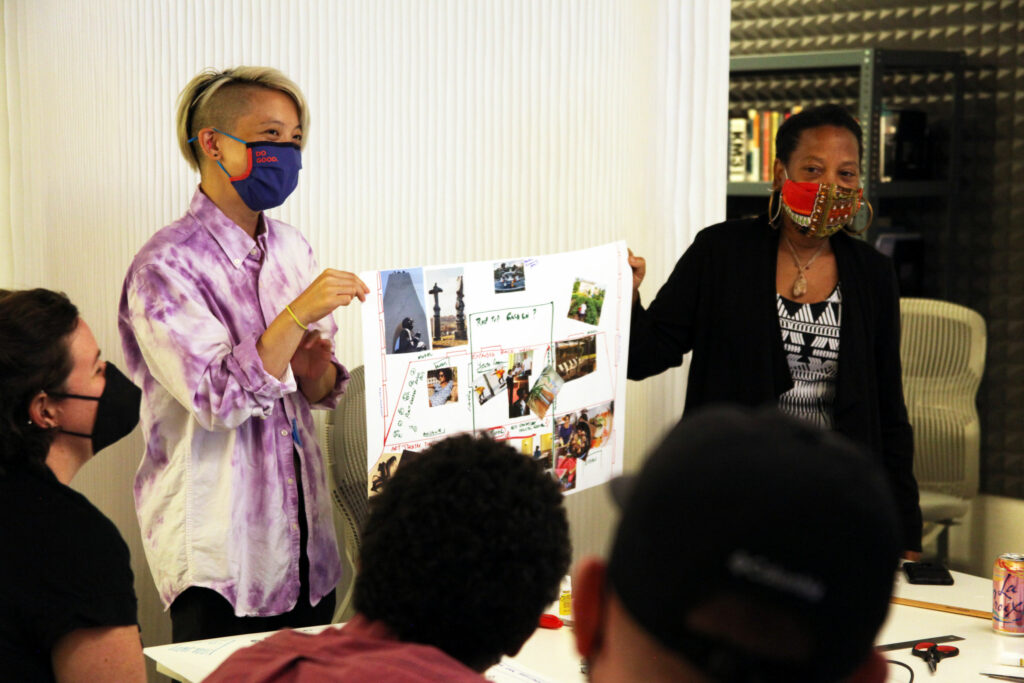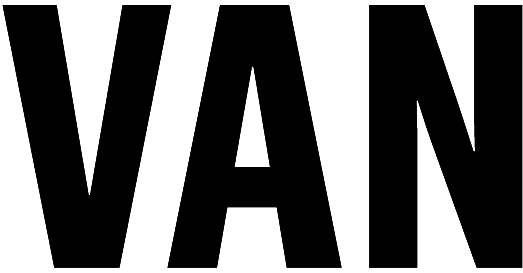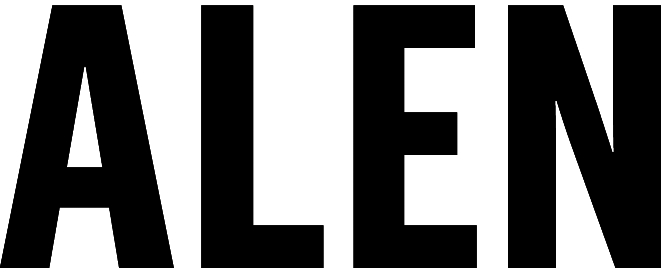Q&A with A.L. Hu of Dark Matter University
October 20, 2021
"We're building something new, something way more inclusive and way more radical." As a Dark Matter University faculty member interested in the intersection of design and organizing, A.L. Hu is working with our Gowanus fellowship program.

Intro
Our Neighborhood Design Fellowship: Gowanus is a paid, six-month program for up to 12 Gowanus residents — designers and non-designers alike — to work toward the future they imagine for their community. The Fellowship is a collaboration with Dark Matter University (DMU), an anti-racist design justice school collectively seeking the radical transformation of education and practice toward a just future. Since May 2021, the Fellows have investigated local inclusion and equity challenges by talking to neighbors, business owners, community groups, and public officials, among others. They’ve also learned from DMU faculty about ways to support social justice through design. They’re currently developing a culminating project that will utilize Van Alen’s storefront windows at 303 Bond Street for a community-oriented purpose.
This month, we’re chatting with three practitioners and DMU faculty members who have been working closely with our Fellows: Nupur Chaudhury, Principal and Founder, NupurSpectives Consulting; Jerome Haferd, Co-Founder, BRANDT : HAFERD, and A.L. Hu, Design Initiatives Manager, Ascendant Neighborhood Development.
A.L. Hu, Design Initiatives Manager, Ascendant Neighborhood Development
A.L. Hu is a queer, non-binary person working in New York City. Their passion is at the intersections of the built environment and social justice, manifesting in design projects, essays, visual media, and collaborations with other architects and communities to understand and rethink the architect’s role in creating inclusive spaces. They were a 2019-2021 Enterprise Rose Architectural Fellow and are currently working as Design Initiatives Manager at Ascendant Neighborhood Development in East Harlem. They are a member of as well as a conduit connecting many organizations, including Design As Protest, Dark Matter University, The Architecture Lobby, NCARB, and AIA New York. A.L. is the founder of Queeries, an initiative that seeks to quantify and qualify the multifaceted experiences, stories, and feelings of queer designers confronts discourses of diversity, equity, and inclusion within design professions.
Tell us a little bit about yourself and how you got involved with design.
My name is A.L., and I use they/them pronouns. I’ve been studying and working in architecture since going to UC Berkeley for undergrad. When I was at Columbia University for graduate school, I was really into organizing with the graduate worker union and got involved with the bargaining committee. And I would often do that more often than studio — people knew me as “the union person.” After graduating, I wanted to take a break from architecture and try organizing full-time. I worked for United Auto Workers for a summer, but quickly realized my organizing had to have some type of design focus. Since then, I’ve always tried to combine design and organizing.
How did your interest in activism and organizing develop?
After working at an architecture firm and being active in The Architecture Lobby (whose goal is to unionize architects), I received the Rose Fellowship, which matches up an architect or an artist with a community development corporation. Through that experience, I realized I wanted to do more community engagement and less sitting in front of the computer. Now I’m working at Ascendant Neighborhood Development in East Harlem, which involves a lot of building relationships around design work and doing community-based design education.
After the murder of George Floyd in June 2020, I got involved in organizing with Design As Protest and learned about Dark Matter University from there. I don’t identify as an academic, but I actually liked DMU’s academic side. It feels different. We’re building something new, something way more inclusive and way more radical.
In your own words, how would you describe Dark Matter University’s mission?
DMU is making design education anti-racist. We have a wide view of education that includes studio seminars, design education, or talking in different avenues and communities. By anti-racist, I mean actions that are actively working against systemic racism. That involves identifying the history of racism, how it shows up in the built environment and design professions, how it’s impacting people now, and really taking the initiative to connect the dots and get really deep into creating and practicing pedagogies that combat spatial injustice.
What do you hope your design colleagues take away from your experience with DMU and the fellowship?
The team-teaching, the co-teaching aspect is super important. Coming from different disciplines and different perspectives has been really crucial.

